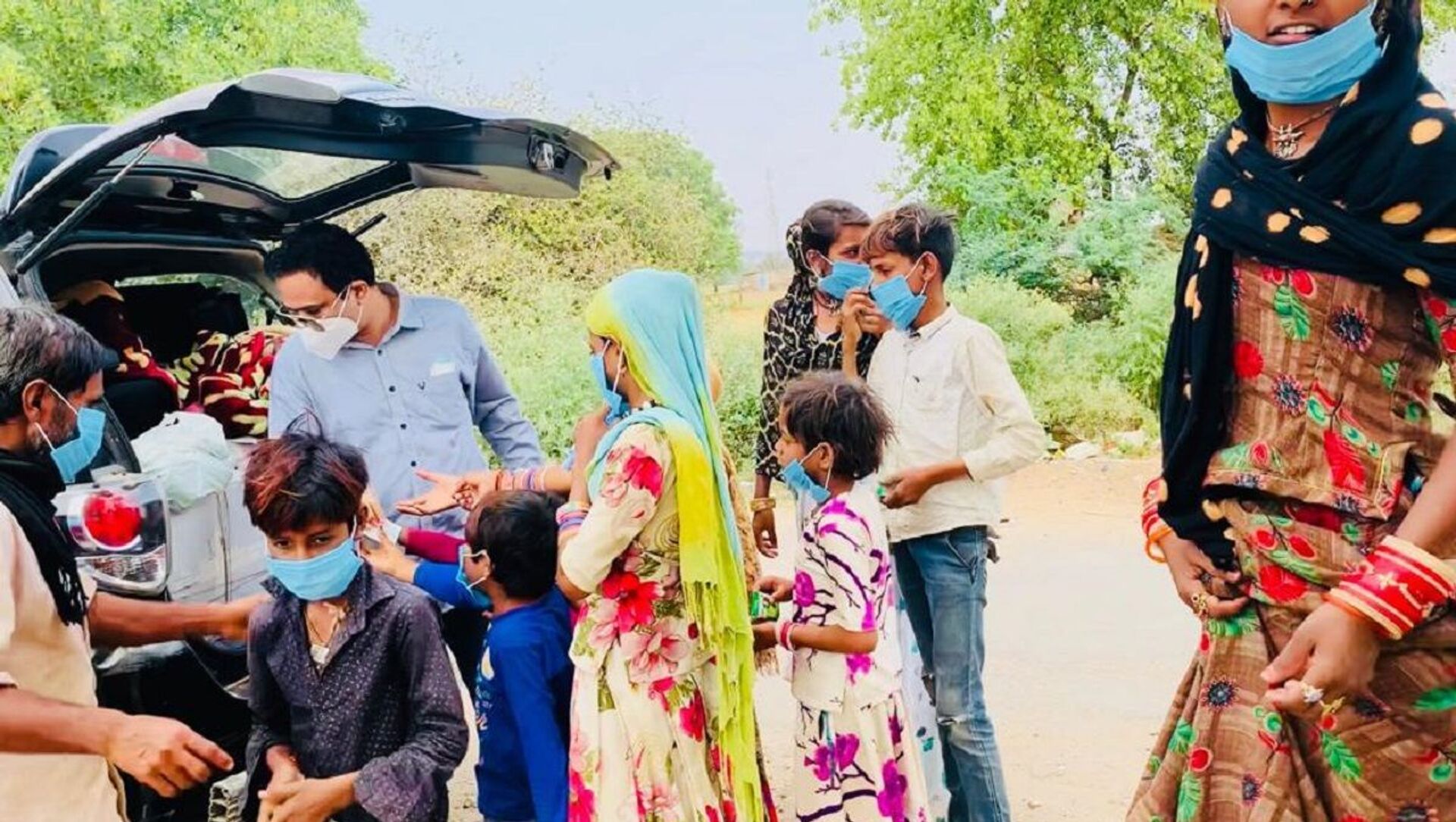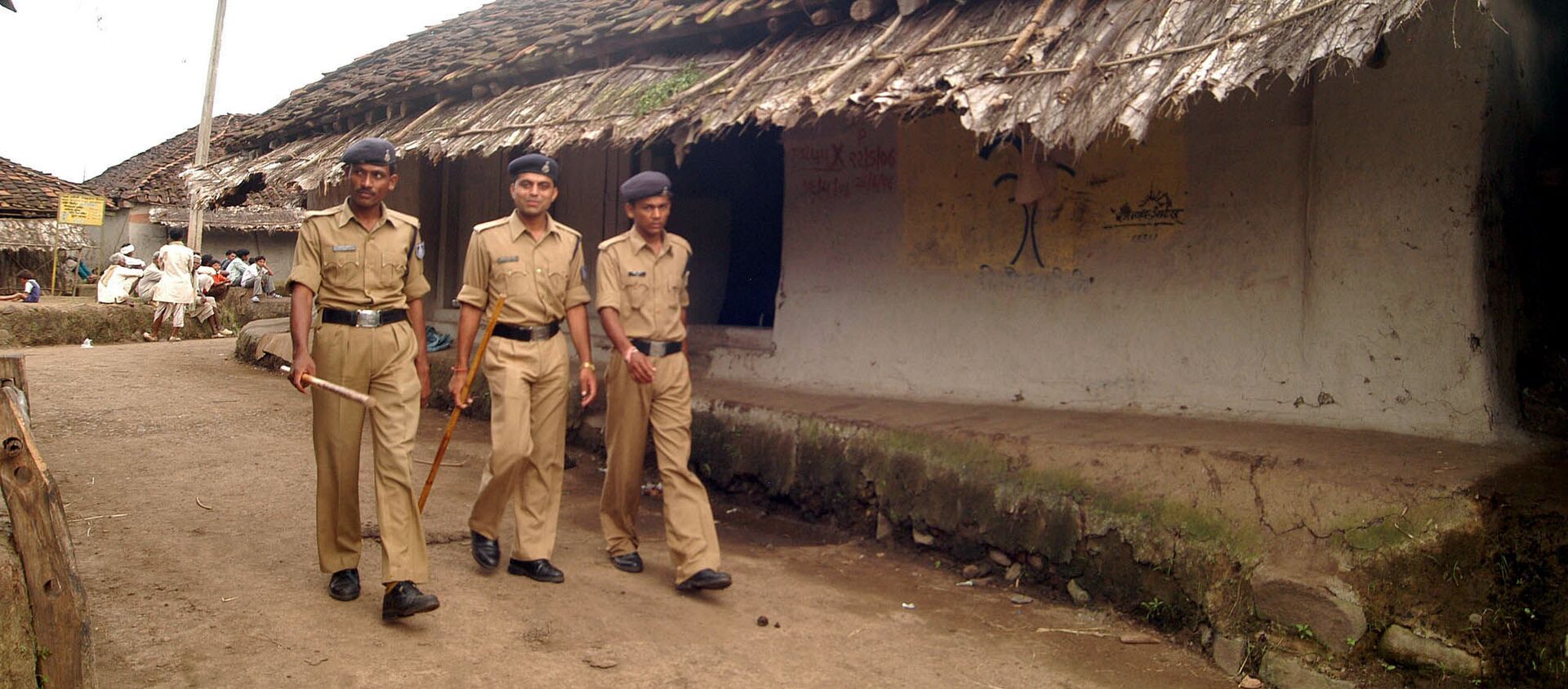A Delhi-based doctor Kafeel Khan has launched a campaign called the 'Doctors on Road' - conveniently almost the palindromic 'Dr on the Rd' - and since April, more than 100 volunteers and a group of 78 doctors from all around India, including the states of Uttar Pradesh, Bihar, West Bengal, Assam, Haryana, Punjab, and Andhra Pradesh, have joined.
“When we saw people dying in cities from a lack of resources, a fear entered the minds of some Delhi doctors - including myself - about what was happening in remote rural areas of the country where there are no testing labs or proper hospitals."
Initially, the plan was to provide those living in the remote Indian countryside with COVID-essential resources. But more than 50 days after its launch, the scope of the project 'Doctors on Road' has started to expand and it now brings Indian villages food supplies and ambulances.
The volunteers and doctors load their cars with food grains, masks, sanitiser, soaps, disinfectant, basic first-aid kits, thermometers and oximetres.
— Dr Kafeel Khan (@drkafeelkhan) June 5, 2021
— Radhika Parashar (@_RadhikaReports) June 7, 2021
The medics also teach locals in the villages how to wear masks properly and about the importance of maintaining social distance.
The villagers are also taught how to monitor oxygen levels on oximetres and to check their temperature using thermometers.
“We also inform them about the signs and symptoms of COVID-19. Often people do not even know where the nearest place is to take ill people, so we are helping each village to contact with its nearest health facilities,” he said.
Stating that people are scared because of a lack of awareness, he added: “We boost their morale and tell them that with quick medical attention and the right approach, COVID-19 can be cured.
“We give them the contact numbers of nearby medics and healthcare staff for assistance,” he shared.
— Radhika Parashar (@_RadhikaReports) June 7, 2021
Commenting further on the reality of rural India far from the hustle and bustle of big cities, the frontline worker said the situation in remote Indian locations is “painfully miserable”.
At a time when social distancing is essential, big rural families - sometimes consisting of up to 15 members - stay crammed inside their small, congested huts and a long way from any hospital which could help in an emergency.
Dr. Khan also said that sanitation facilities in the slums on the outskirts of cities are also failing. Many people live in areas strewn with rubbish and lacking the most basic forms of hygiene.
— Dr Kafeel Khan (@drkafeelkhan) June 3, 2021
“It’s sad that even after 75 years of independence, Indians are still living like this. It’s heartbreaking to see our village people chasing our cars for basic things such as soap."
— Dr Kafeel Khan (@drkafeelkhan) June 1, 2021
“They tell us that with no active employment opportunities even in the cities at present, they fear that hunger could kill them before COVID-19,” the healthcare worker added.
According to the last census in 2011, almost 70 percent of India's workforce lives in the countryside, contributing about 46.9 percent to the overall gross domestic product (GDP).




